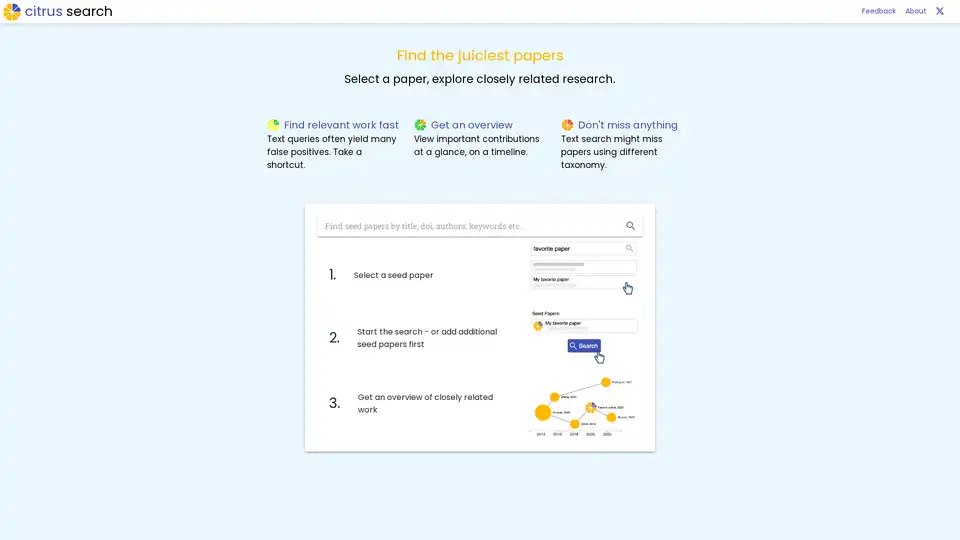Citrus Search
Overview of Citrus Search
What is Citrus Search?
Citrus Search is a powerful similarity-based search engine designed specifically for navigating the vast world of scientific literature. Unlike traditional text-based searches that often return irrelevant results or miss key papers due to varying terminology, Citrus Search leverages advanced machine learning techniques to find papers that are truly related to your starting point. By selecting a "seed paper," you can uncover a network of closely connected research, making it an essential tool for researchers, students, and academics who need to efficiently explore academic fields.
Powered by Semantic Scholar's Open Research Corpus, which includes over 200 million publications and 2 billion citations, Citrus Search ensures you're drawing from a comprehensive and reliable dataset. This integration allows the tool to compute similarities using both graph-based and text-based methods, providing a more nuanced view of research landscapes.
How Does Citrus Search Work?
At its core, Citrus Search operates on the principle of similarity computation. You begin by choosing a seed paper—any publication that represents the research area you're interested in. From there, the engine analyzes relationships through two primary similarity measures:
Citation Network Similarity: This method examines how papers are connected through citations. It identifies publications that share similar citation patterns, such as being referenced by the same works or citing overlapping sources. This is particularly useful for tracing the evolution of ideas within a field, as it reveals the "juiciest" papers that form the backbone of influential research.
Content Similarity: Focusing on the abstract and title, this approach uses natural language processing and machine learning to detect shared concepts, ideas, and research questions. Even if papers use different jargon, the tool can spot underlying thematic connections, helping you avoid the pitfalls of keyword mismatches.
Behind the scenes, Citrus Search employs graph algorithms for citation analysis and text embeddings for content matching. These techniques, rooted in modern AI and machine learning, process the massive Semantic Scholar dataset to generate results quickly and accurately. The process is straightforward:
- Select a Seed Paper: Start with one or more key publications.
- Initiate the Search: The engine computes similarities and expands your query if needed.
- Review the Overview: Get a timeline-based visualization of related works, highlighting important contributions at a glance.
This workflow minimizes false positives and ensures you don't miss groundbreaking papers that might not surface in standard searches.
Key Features of Citrus Search
Citrus Search stands out with features tailored to academic discovery:
Timeline Overviews: Visualize the progression of research over time, making it easy to spot trends and pivotal moments in a field.
Fast and Precise Results: Bypass noisy text queries to focus on high-quality, relevant matches.
Multiple Seed Support: Add more papers to refine your search and broaden the scope.
Video Tour Availability: New users can take a guided video tour to understand the interface quickly.
Active Development: The tool is continuously improving, with feedback encouraged via a form or email at citrus.search@gmail.com.
These features make it more than just a search engine—it's a research accelerator that saves time and uncovers hidden gems in literature.
How to Use Citrus Search
Getting started is simple and intuitive:
Visit the Citrus Search website and input or select your seed paper using its DOI, title, or direct link.
Choose your preferred similarity measure—citation network for structural links or content for thematic depth—or let the tool suggest based on context.
Hit search and explore the results: Browse a graphical timeline, dive into abstracts, or follow citation trails to related works.
For best results, start with a highly relevant seed paper to anchor your exploration. Whether you're conducting a literature review for a thesis, preparing for a grant proposal, or simply curious about a topic, the tool guides you step-by-step. It's web-based, requiring no downloads, and works seamlessly on desktops or laptops.
Why Choose Citrus Search?
In an era where scientific output doubles every few years, sifting through millions of papers manually is impractical. Citrus Search addresses this by combining AI precision with user-friendly design. Traditional databases like Google Scholar or PubMed rely heavily on keyword matching, which can overwhelm users with irrelevant hits or overlook synonymous terms. Citrus Search's similarity-based approach, informed by machine learning, delivers targeted insights that align with real research needs.
Users appreciate its ability to provide overviews without deep dives into every paper, ideal for scoping out fields quickly. For instance, selecting a seminal AI ethics paper might reveal clusters of related works on bias in machine learning models, complete with timelines showing how discussions have evolved since 2010. This not only boosts productivity but also enhances the quality of literature reviews by ensuring comprehensive coverage.
Moreover, being powered by Semantic Scholar—a trusted open-access resource—adds credibility. The tool cites its data source transparently, referencing works like the 2018 NAACL paper on Semantic Scholar's literature graph construction, which underscores its rigorous foundation.
Who is Citrus Search For?
This tool is ideal for a range of users in academia and beyond:
Researchers and Academics: Perfect for literature reviews, identifying gaps, or finding collaborators through citation patterns.
Graduate Students and PhD Candidates: Helps in thesis preparation by mapping related works efficiently.
Journal Editors and Reviewers: Quickly assess a paper's novelty against similar publications.
Industry Professionals: Useful for R&D teams in tech, pharma, or any field relying on cutting-edge science to stay informed without information overload.
Even librarians or policy makers tracking research trends will find value in its overview capabilities.
Practical Value and Use Cases
Citrus Search delivers tangible benefits by streamlining research workflows. Imagine you're studying climate change impacts on agriculture: Starting with a key IPCC report, the tool could surface related papers on crop modeling via content similarity, while citation networks highlight influential meta-analyses. This dual approach ensures a holistic view, reducing the time from hours of manual searching to minutes of insightful browsing.
In practice, users report fewer missed opportunities—crucial when text searches fail due to evolving taxonomies, like shifting terms in AI from "neural nets" to "deep learning." The tool's focus on Semantic Scholar's corpus also means access to open data, aligning with open science principles.
For those new to a field, the timeline feature acts as a historical guide, answering questions like "What were the foundational papers in quantum computing?" without exhaustive queries. Overall, it empowers evidence-based decisions, from writing grant applications to informing business strategies.
Potential Limitations and Feedback
As an actively developed tool, Citrus Search may occasionally encounter bugs, but the team welcomes input to enhance it. It's not yet a full replacement for specialized databases but excels as a discovery companion. Future updates could include more similarity metrics or integration with personal libraries.
In summary, Citrus Search transforms how we approach scientific literature, making discovery faster, smarter, and more reliable. If you're tired of irrelevant search results, this AI-powered engine is your shortcut to the heart of research.
Best Alternative Tools to "Citrus Search"
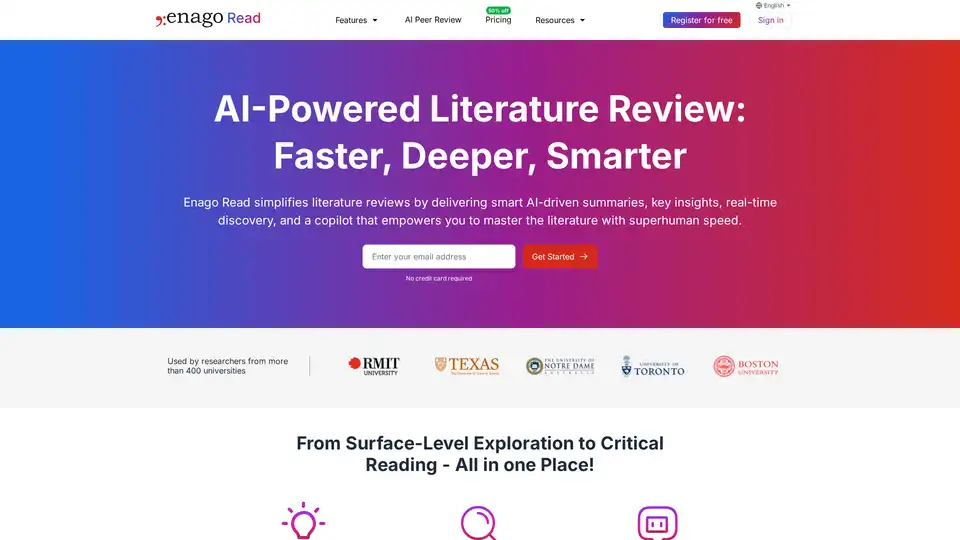
Enago Read is an AI-powered research tool designed to accelerate literature reviews. It offers AI-driven summaries, key insights, and a real-time AI copilot to help researchers efficiently master complex literature.
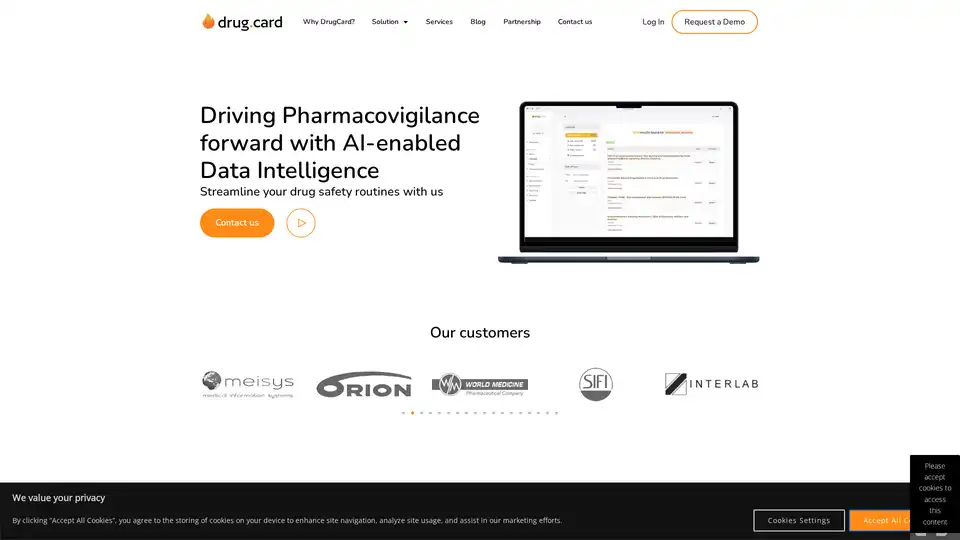
DrugCard is an AI-powered platform that streamlines pharmacovigilance by automating local literature screening. It supports 100+ languages, covers 104+ countries, and offers up to 60% time savings.
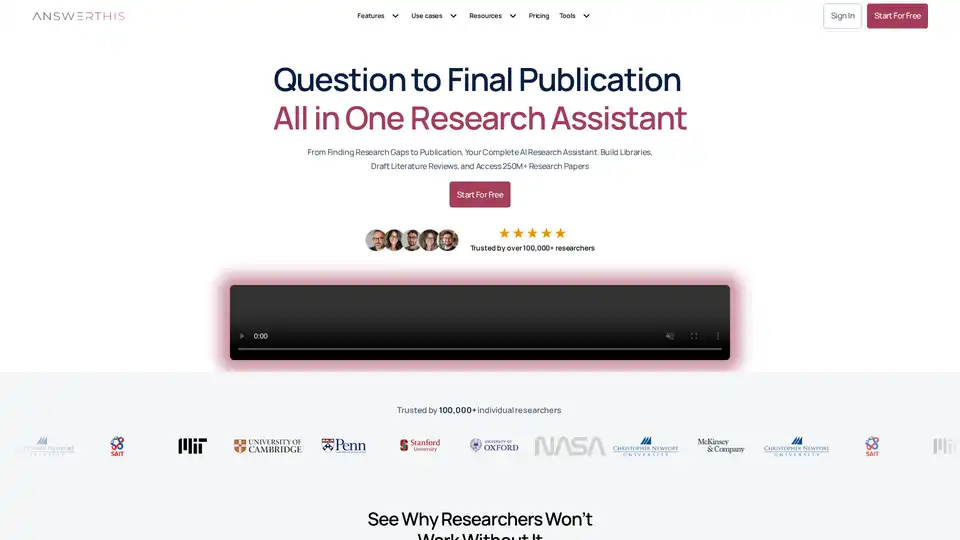
AnswerThis is an AI research assistant that helps researchers and students streamline literature reviews, find research gaps, and generate citations with ease. Access 250M+ research papers and improve research productivity.
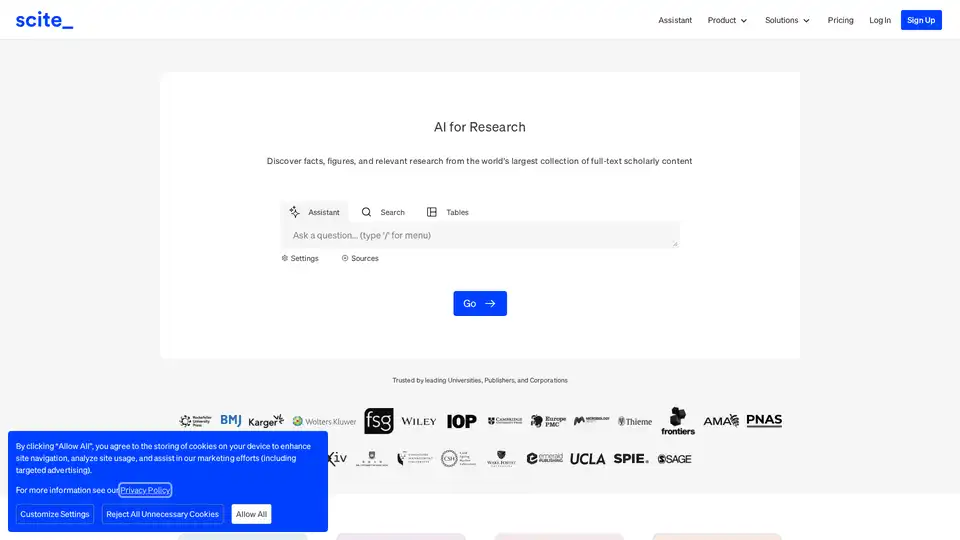
Scite is an AI-powered research tool using Smart Citations to help researchers discover and evaluate scientific literature, ensuring reliable studies and improving research writing.
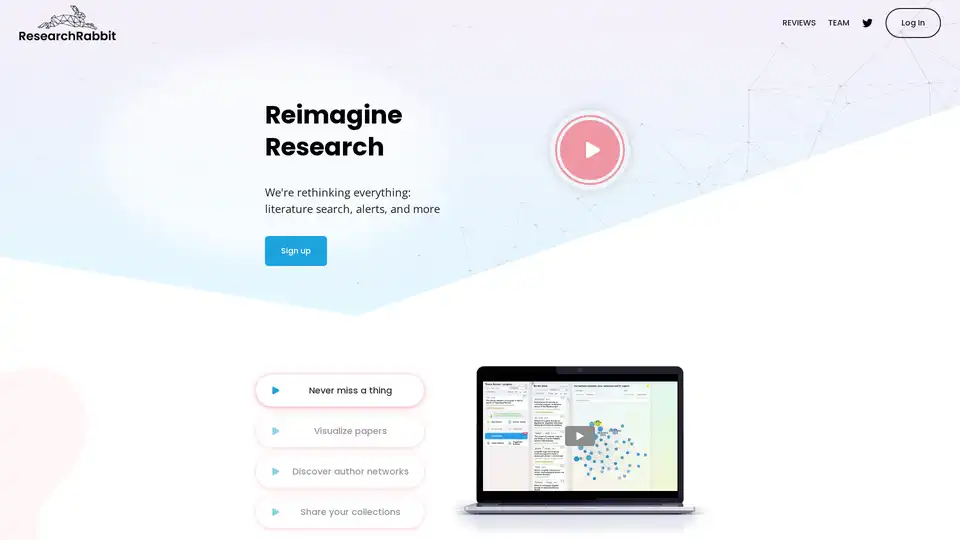
Save hours on your literature review. Use ResearchRabbit to find related papers, build citation maps, and track research trends — powered by AI.
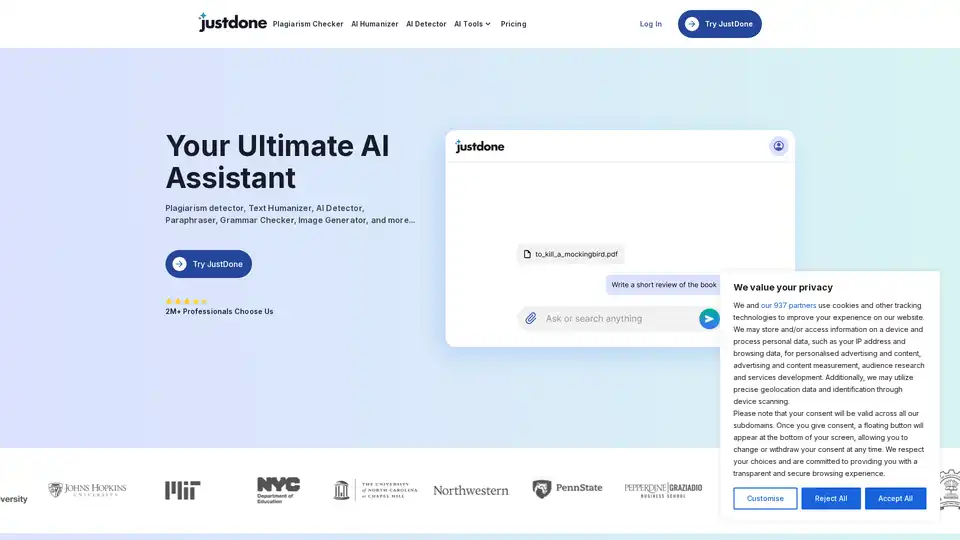
JustDone is your AI-powered writing partner for research, writing, and studying. Boost productivity with tools like plagiarism checker, AI humanizer, paraphraser, and more to create original, high-quality content effortlessly.
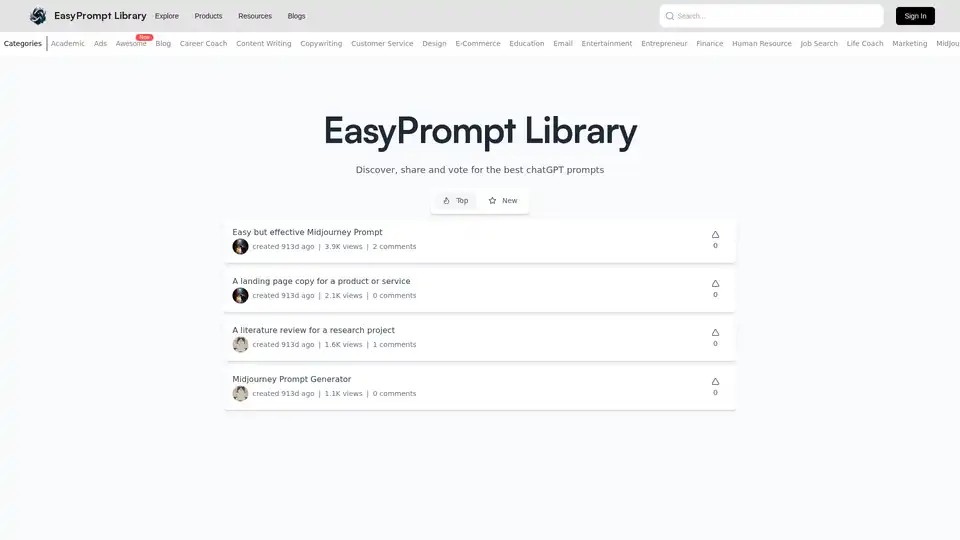
Access a diverse collection of ChatGPT prompts on EasyPrompt Library. Add more, vote your favorites, and discover the best ones!
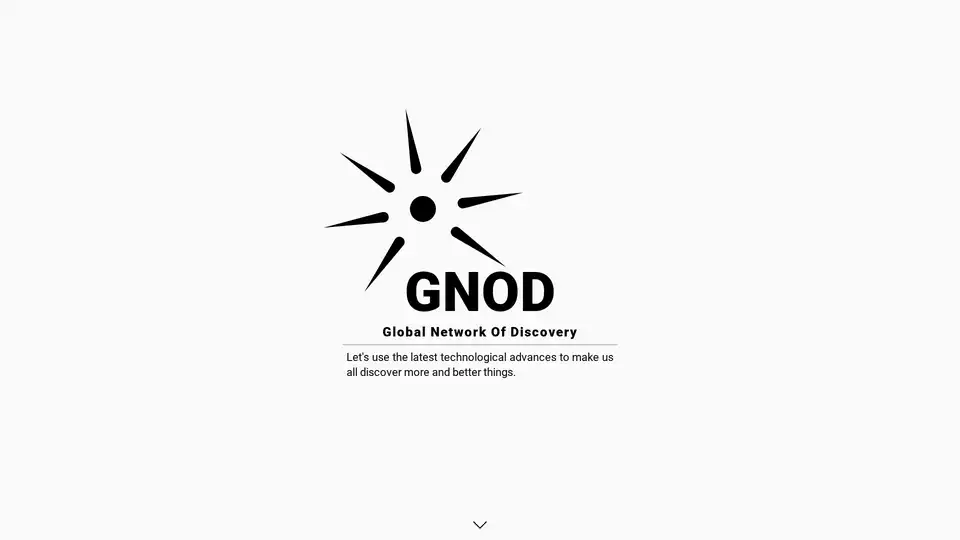
Gnod leverages AI to revolutionize discovery of music, art, literature, movies, and products through interactive maps and recommendation tools, helping over 300,000 users monthly find new favorites.
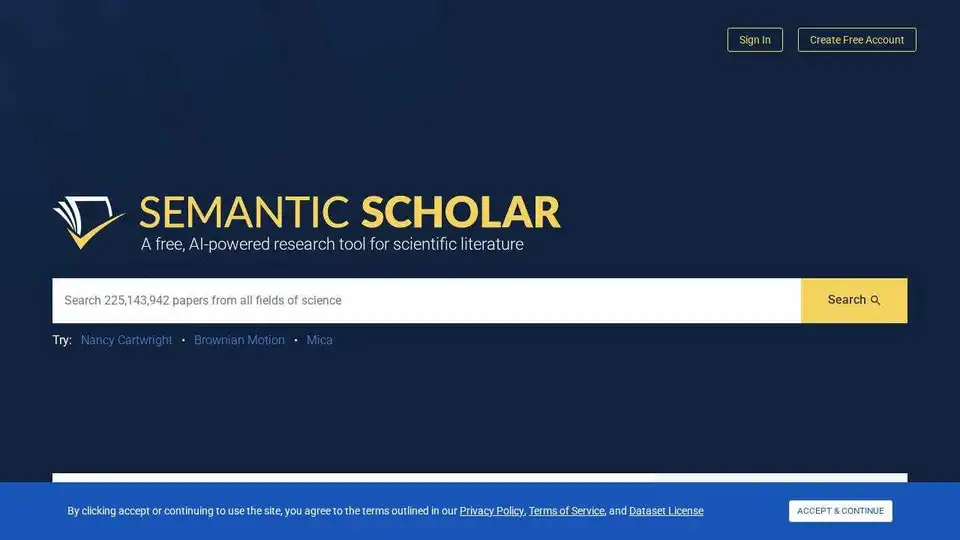
Semantic Scholar is a free, AI-powered research tool that helps scholars discover relevant scientific literature by understanding the semantics of research papers.
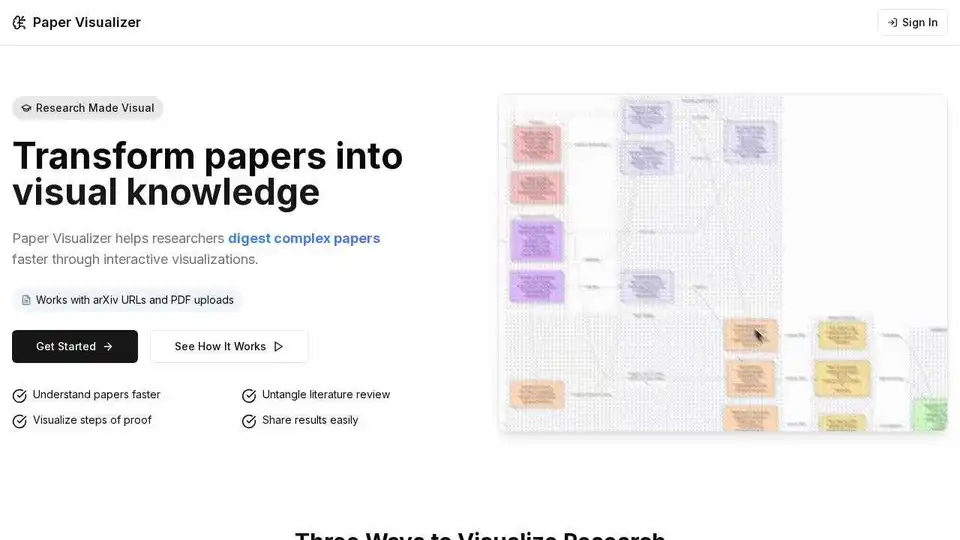
Paper Visualizer is an AI-powered tool that transforms research papers into interactive diagrams, literature review maps, and step-by-step proof visualizations, reducing comprehension time by 60-80%.
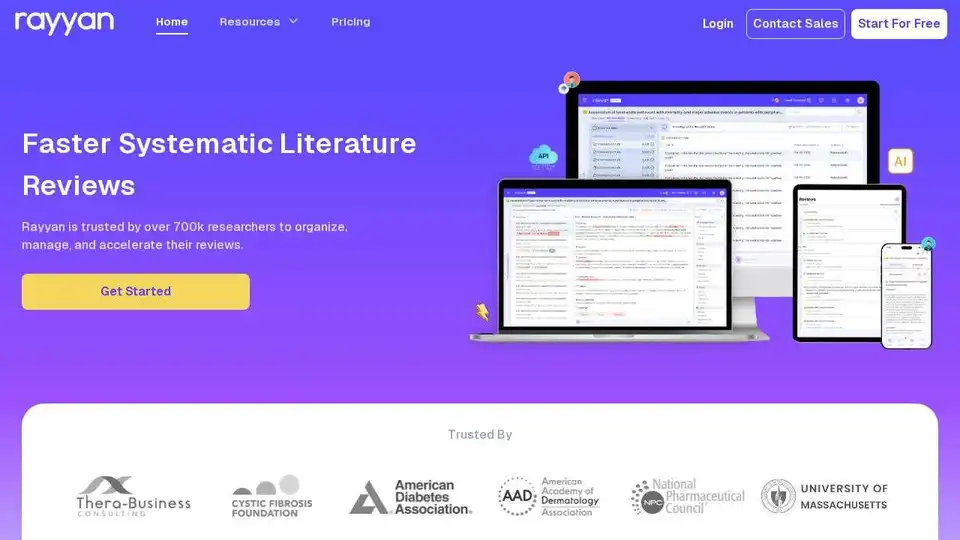
Rayyan is an AI-powered platform for systematic literature review management, enhancing collaborative research with review automation and streamlined data management.
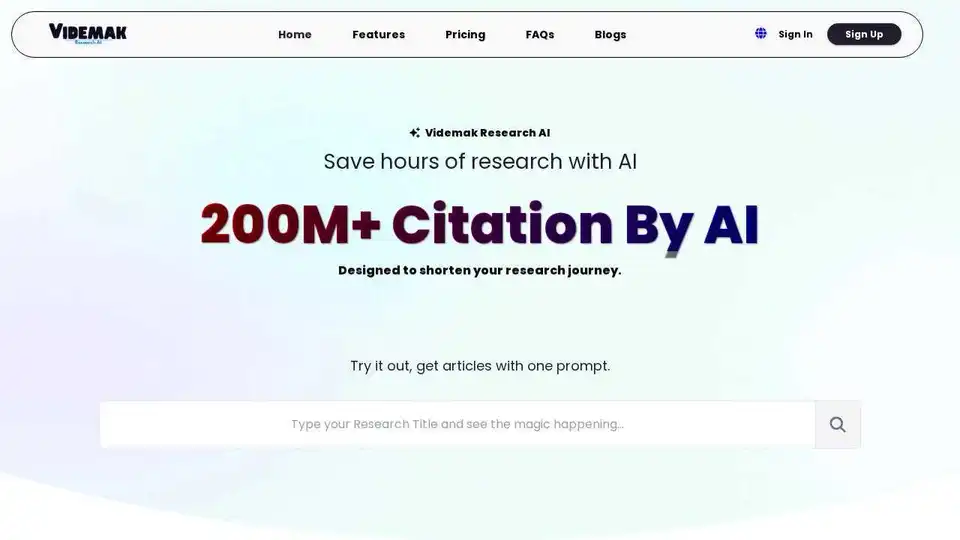
Videmak Research AI: AI-powered research tools to save hours on literature search, review, proposal generation, and data analysis.
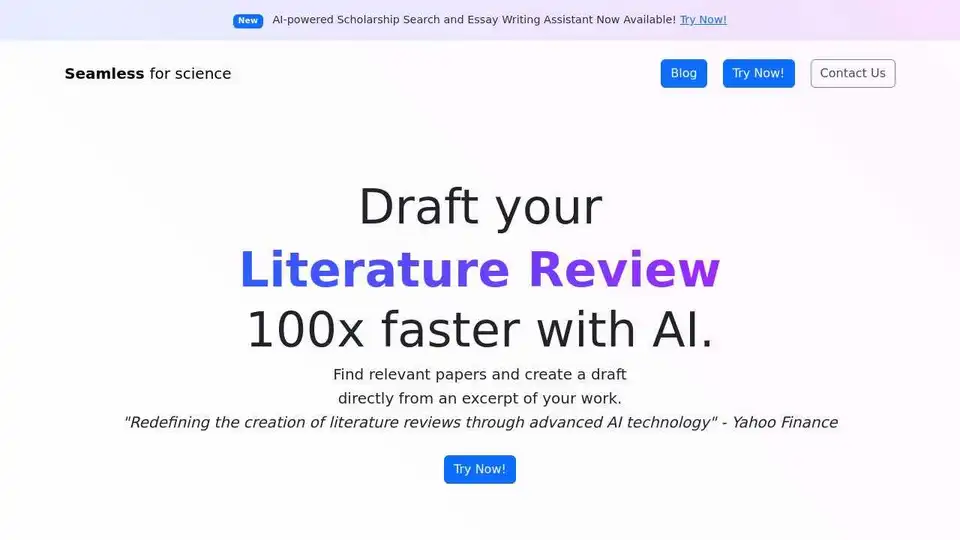
Seamless is an AI literature review tool for scientific research that helps draft literature reviews in seconds instead of hours.
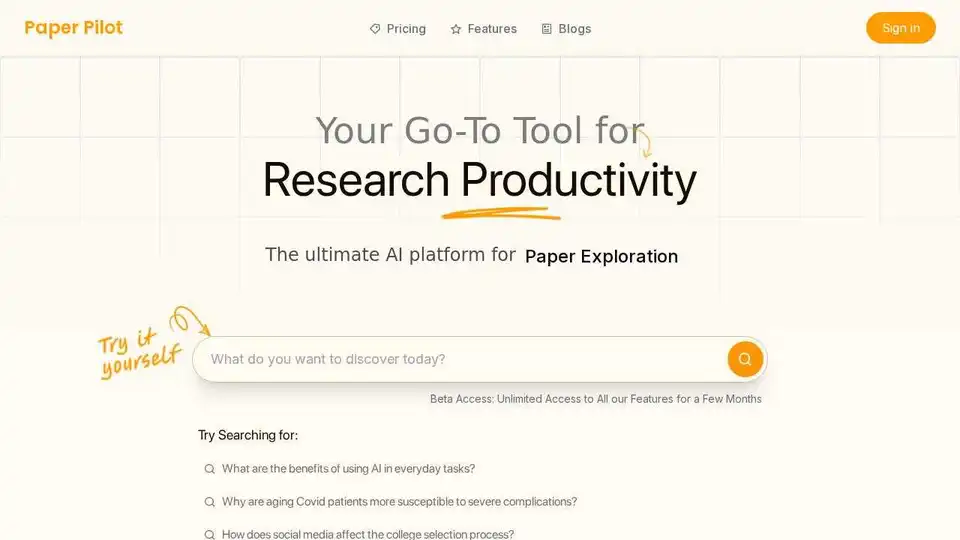
Paper Pilot is an AI-powered research tool revolutionizing literature reviews with AI-driven summaries, interactive insights, and smart workflow tools. Simplify research and boost productivity.
